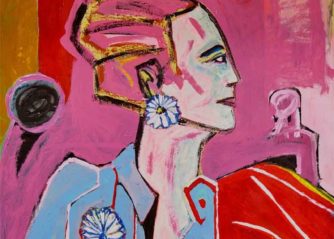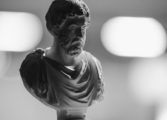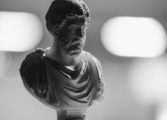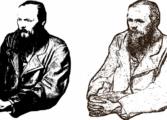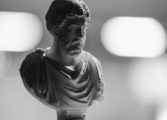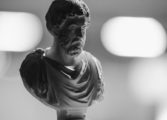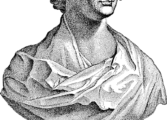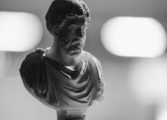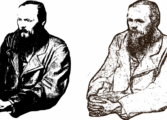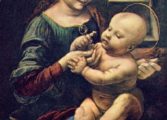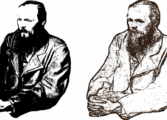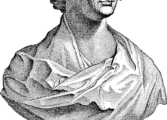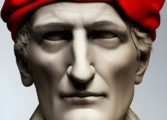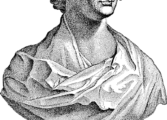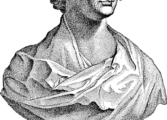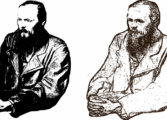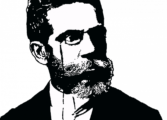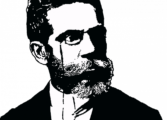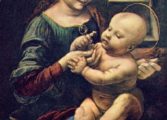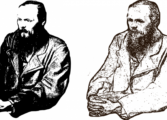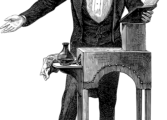Homers Iliad: A Masterpiece of Ancient Epic Poetry

Introduction:
The Iliad, written by the ancient Greek poet Homer, is an epic poem that has captured the minds and hearts of readers for centuries. This timeless work is an integral part of Western literature and provides invaluable insight into the world of ancient Greece. In this article, we will delve into the significance and historical development of the Iliad, presenting key elements that every enthusiast should know.
I. Overview of the Iliad
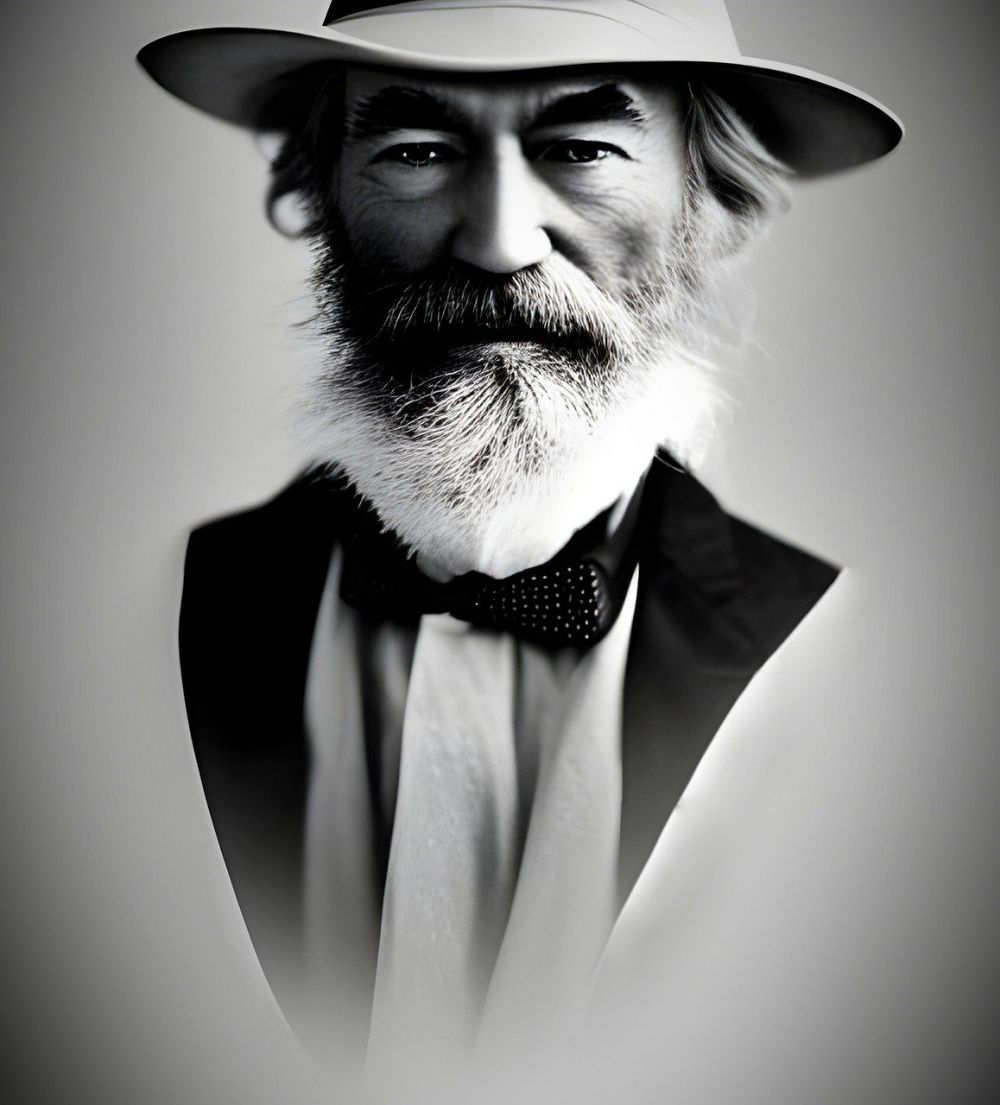
The Iliad tells the story of the Trojan War, a legendary conflict between the Greeks and the Trojans. This epic poem focuses primarily on the wrath of Achilles, the greatest warrior of the Greek army, and the repercussions it has on the war and the characters involved. The Iliad encompasses themes of honor, glory, fate, and the inherent contradictions of human nature. It showcases a world of heroism, divine intervention, and the complexities of war.
Key points to know about the Iliad:
– Written in ancient Greek around the 8th century BCE.
– Composed in dactylic hexameter, a poetic meter commonly used in Greek epic poetry.
– Approximately 15,000 lines long, divided into 24 books.
– Considered the first and greatest work of Western literature.
II. Historical Development of the Iliad
The Iliad has had a profound impact on the literary, cultural, and artistic traditions of various time periods. Its influence can be seen throughout history, from ancient Greece to the present day.
1. Ancient Greece:
In ancient Greece, the Iliad was highly regarded and had significant cultural importance. It was recited and performed at festivals, serving as a form of entertainment and an educational tool. The poem’s portrayal of heroes and their struggles resonated with the Greek audience, reinforcing societal values and emphasizing the importance of heroism.
2. Roman Empire:
During the Roman period, the Iliad continued to be revered. Roman poets, such as Virgil, drew inspiration from Homer’s epic and incorporated elements into their own works. Virgil’s Aeneid, for instance, borrows characters and themes from the Iliad, creating a connection between Roman and Greek epics.
3. Medieval and Renaissance Periods:
While the Iliad was not widely studied or read during the Middle Ages, it made a powerful resurgence during the Renaissance. The renewed interest in ancient Greek and Roman culture led to the translation of the Iliad into various European languages. Its themes of heroism, honor, and fate resonated with the medieval and Renaissance audience, sparking further adaptations and interpretations.
4. Modern Relevance:
In the modern era, the Iliad continues to captivate readers and scholars alike. It has been translated into numerous languages and remains a staple in literature courses worldwide. Its exploration of universal themes and timeless characters makes it relevant to contemporary society. The Iliad has also inspired various adaptations in different mediums, including plays, films, and even video games.
III. Impact on Art and Culture
The Iliad has left an indelible mark on art and culture throughout history. It has been a source of inspiration for artists, painters, sculptors, and musicians. Its iconic characters, such as Achilles and Hector, have been depicted in countless artworks, showcasing the enduring fascination with the poem.
1. Visual Arts:
From ancient Greek pottery to Renaissance paintings, artists have sought to bring the world of the Iliad to life. The famous depiction of the Death of Hector by the ancient Greek painter Andokides is just one example of the Iliad’s influence on art. Renaissance artists, including Michelangelo and Rubens, also drew inspiration from Homer’s epic, creating awe-inspiring works that captured the essence of the characters and events.
2. Literature and Theater:
The Iliad’s impact on literature extends beyond its own text. It has served as a source of inspiration for countless writers, who have woven its themes and narratives into their own works. Playwrights, such as Euripides and Shakespeare, drew from the Iliad to create their own interpretations of the Trojan War and its aftermath. The poem’s enduring presence in the theatrical world is a testament to its universal appeal.
3. Music and Opera:
The Iliad’s dramatic and emotional narrative has also found expression in the world of music. Composers, such as Beethoven, Strauss, and Britten, have paid homage to Homer’s epic through their symphonies, operas, and choral compositions. The deeply evocative nature of the Iliad’s story lends itself to musical interpretation, allowing composers to convey the intensity of the Trojan War and its consequences.
Conclusion:
The Iliad stands as a timeless masterpiece of ancient epic poetry. Its enduring relevance, captivating storytelling, and exploration of profound themes continue to resonate with readers and enthusiasts alike. Through its historical development, the Iliad has deeply influenced art, literature, and culture, leaving an indelible mark on human creativity. As we dive into the world of the Iliad, we unlock the door to the ancient past and find the echoes of its lessons in our present.
